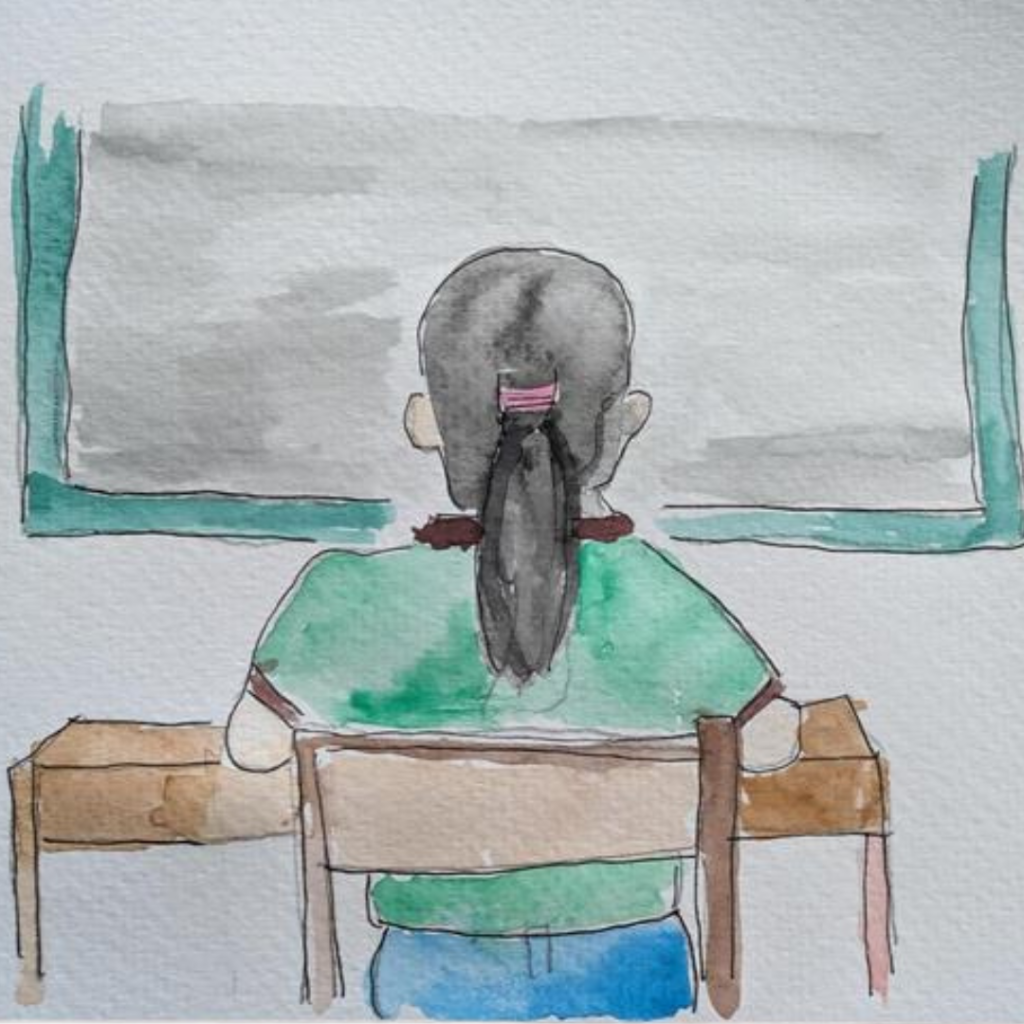In a small village nestled among the lush rice paddies, lived a girl named Sari. She was thirteen, curious, and full of dreams. She loved to sing traditional songs and help her mother prepare meals for their family. Her favourite colour was green – the colour of the forests that surrounded her home.
But dreams can be fragile.
One afternoon, Sari didn’t come back from the market. Her family searched desperately, but she was nowhere to be found. Whispers spread – a stranger had promised her a job in the city. A chance for a better life, they said. But it was a lie.
Sari had become one of the many girls trafficked each year in Southeast Asia, where a significant proportion of detected trafficking victims are under 18. Many are forced into labour or sold into exploitative marriages far from home. Her childhood was stolen, her voice silenced.
Not far away, across borders in a rural community, a girl named Mai was married at fourteen. Her husband was twice her age. She didn’t understand the promises made to her family, only that her schoolbooks were replaced by household chores and the heavy burden of early motherhood.
In Southeast Asia, around 15% of girls are married before they turn 18, with rates higher in rural and ethnic minority communities. Child marriage often overlaps with trafficking, as deeply rooted gender inequality, socio-economic and cultural pressures – such as dowry practices and migration for marriage – can expose children to abuse and exploitation.
These stories are not isolated. They are the reality for millions of girls across the region.
On International Day of the Girl Child (11 October), we must recognise and advocate for the full spectrum of girls’ rights: girls are vulnerable not because they are weak, but because social systems fail to protect them. Poverty, limited access to education, gender inequality, and harmful traditions create fertile ground for exploitation.
Yet hope remains.
When girls like Sari and Mai receive education and community support, they gain power over their futures. When laws and policies are strengthened and enforced, traffickers and exploiters face consequences.
Australia, through the ASEAN-Australia Counter Trafficking program, works closely with ASEAN and its Member States to prevent and respond to trafficking in persons which affects vulnerable groups, including young women and girls. The program is supporting ASEAN in developing a regional guideline to prevent and respond to child and forced marriage, redesigning court systems to better protect and support child victims and witnesses and has researched child rights within the justice system – all part of ASEAN’s commitment to safeguarding the futures of children across the region.
Let us work toward a region where every girl is safe, valued, and free to realise their dreams.
Her name was Sari. Her story must not be forgotten.
